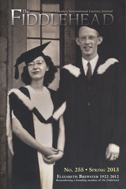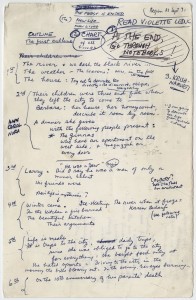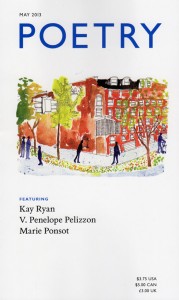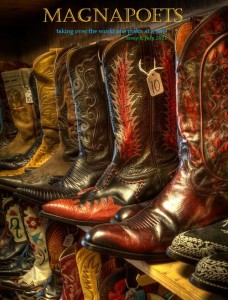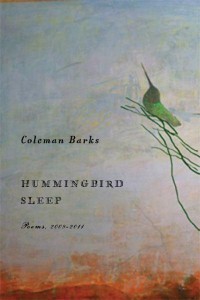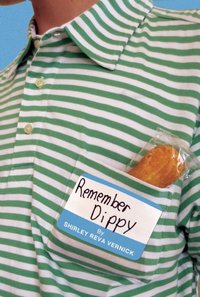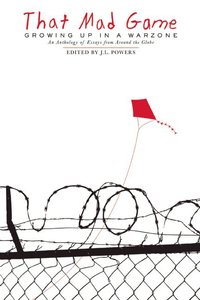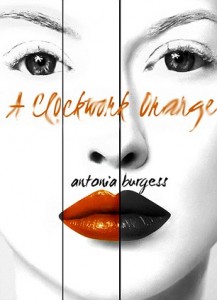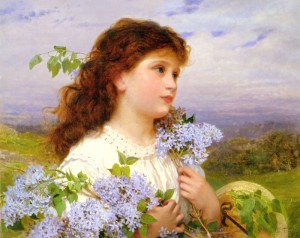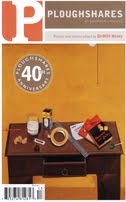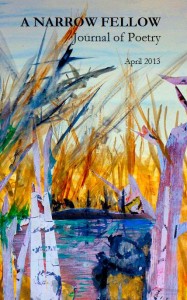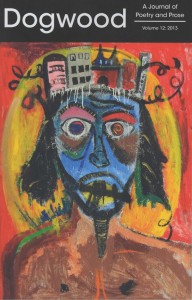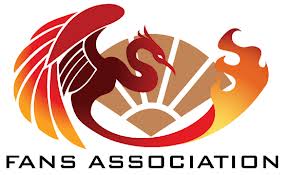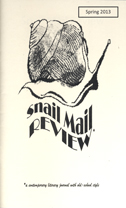Lambda Literary’s LGBT WRITERS IN SCHOOLS connects authors with classrooms via free Skype or in-class visits to discuss the author’s work and LGBT issues. Designed for teachers of high school classes, universities and colleges, and student organizations, the LGBT Writers in Schools program is an opportunity for writers to discuss their work openly with students and to encourage diversity not only in the students’ reading and writing lives, but also in society at large. This initiative will broaden the foundation of experience for students of Literature, Creative Writing, English, and Secondary Education.
GOALS
–To bring LGBT writers into high schools, colleges and universities to share their knowledge and experience in order to promote diversity and encourage understanding of the LGBT community.
–To enrich the high school, college and university English curriculum by incorporating and teaching LGBT texts in the classroom which will acknowledge LGBT writers’ contributions to literature.
–To foster an open environment to discuss LGBT issues and their impact on society and the individual through LGBT texts in a vibrant and moderated classroom atmosphere.
–Giving a voice to those who have long been silenced.
HOW DOES IT WORK?
The teacher will state which type of author she would like in one of four genres: Adult Fiction, YA Fiction, Poetry and Nonfiction/Memoir. Once the information is gathered from the teacher, LGBT Writers in Schools will contact an author who would be a good fit. If they request a specific author, LGBT Writers in Schools will try to contact that author.
WHAT HAPPENS ONCE AN AUTHOR IS CHOSEN FOR THE TEACHER’S CLASS?
Once the author has agreed to do the visit, then an introduction is made between the author and the teacher via LGBT Writers in Schools. After the introduction is made, it is the responsibility of the teacher to work out the specifics of the visit (ie: date of visit, length of visit, in person or via Skype, etc).
WHAT HAPPENS DURING THE VISIT?
Teachers would assign the work of the author and once the class has read it, the author would do a twenty minute (or longer) Skype session with the class. Depending upon what the teacher and author discussed, the session can be as general or as specific as each would like. It is supposed to be fun, lively and educational.
WHY SHOULD I PARTICIPATE?
This is a really exciting venture for Lambda Literary Foundation and for the Gay Straight Educators Alliance. LGBT literature should be represented as one voice among the many in any contemporary curriculum. The way to help counter prejudice and bullying is through educating others and it is vital to support any efforts that would help achieve this goal. Opening up channels of communication definitely begins with understanding and what better way to understand the LGBT community than through literature.
HOW DO I SIGN UP?
Contact Monica Carter, Program Coordinator, LGBT Writers in Schools Program: mcarter[at]lambdaliterary[dot]org
WHAT STUDENTS ARE SAYING
“The lessons learned in the class are universal; they can easily be applied to any setting. The theme of communal acceptance affects everybody.”
“This is a great program. It is beneficial to students.”
“I learned empathy towards LGBT issues and the author exceeded my expectations.”
SOME OF OUR AUTHORS
Nancy Garden, author of Annie on My Mind
Charles Rice-Gonzalez, author of Chulito
Julie Anne Peters, author of several Young Adult books including Luna and By the Time You Read This, I’ll Be Dead
Nina Revoyr, author of four novels including Necessary Hunger and The Age of Dreaming
Nick Burd, author of Vast Fields of the Ordinary
Catherine Ryan Hyde, author of Pay It Forward (novel for the basis of movie of same title), Let Me Go, Jumpstart the World, and many other young adult novels
Noel Alumit, author of Talk to the Moon and Letters to Montgomery Cliff

